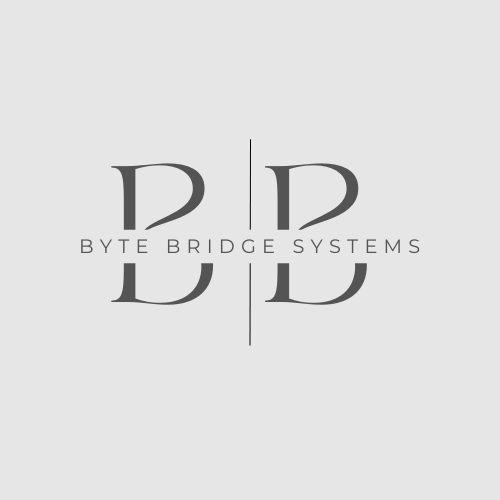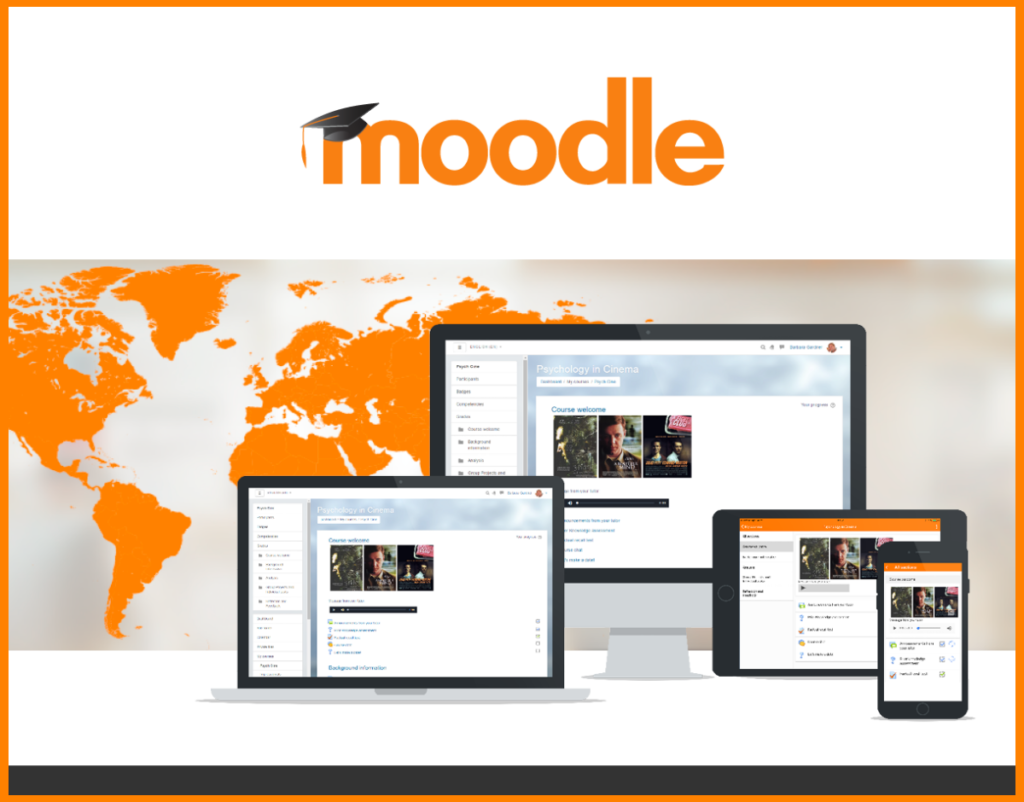Views: 3
Positive Reason to Choose Moodle for Online Classes
- Positive Value: A small online language school appreciates the cost-effectiveness of Moodle, allowing them to offer a variety of courses without breaking the bank.
- Positive Value: A corporate training program benefits from Moodle’s customization features, tailoring the platform to align with their branding and specific learning objectives.
- Positive Value: An educational consultant leverages the support of the active Moodle community to troubleshoot issues and share best practices with other users.
- Positive Value: A growing online university scales their Moodle platform effortlessly to accommodate an increasing number of students and courses as their institution expands.
- Positive Value: A disability support organization appreciates Moodle’s accessibility features, ensuring that all learners, including those with disabilities, can access and participate in online courses.
- Positive Value: A group of remote employees uses Moodle’s collaboration tools to engage in group projects, discussions, and knowledge-sharing activities, enhancing teamwork and communication.
- Positive Value: A high school teacher utilizes Moodle’s diverse assessment options to create interactive quizzes, assignments, and grading systems that cater to different learning styles.
- Positive Value: A mobile app developer integrates Moodle into their platform, allowing users to access educational content on-the-go via smartphones or tablets for enhanced learning flexibility.
- Positive Value: An international language institute embraces Moodle’s multilingual support to deliver courses in various languages, catering to a global audience of learners from different linguistic backgrounds.
- Positive Value: An online tutoring service prioritizes data security by using Moodle’s robust measures to protect student information and ensure compliance with privacy regulations.
- Challenge: A new online course creator faces a learning curve when setting up Moodle for the first time, requiring guidance and training to navigate the platform effectively.
9 Challenges on Choosing Moodle for Online Classes
- Challenge: An IT administrator at a university grapples with technical maintenance tasks such as system updates and troubleshooting issues on the Moodle platform, demanding constant attention and expertise.
- Challenge: A graphic designer encounters design limitations on Moodle while trying to create visually appealing course layouts, leading them to explore alternative themes or seek external design assistance.
- Challenge: A freelance educator seeks additional support beyond the community forums for complex technical issues on Moodle, considering paid subscriptions for dedicated technical assistance.
- Challenge: A large online school experiences system performance issues on Moodle during peak usage times, prompting them to optimize server capacity and streamline course delivery for better user experience.
- Challenge: An eLearning consultant faces integration challenges when trying to connect external tools or software with Moodle, requiring additional customization or technical expertise to ensure seamless functionality.
- Challenge: An instructional designer strives to maintain learner engagement in online courses on Moodle through interactive activities and discussions, addressing the challenge of keeping students motivated and involved in the learning process.
- Challenge: An educational content provider navigates content management challenges on Moodle, organizing course materials effectively to enhance student navigation and engagement within the platform.
- Challenge: An accessibility coordinator focuses on ensuring full compliance with accessibility standards on Moodle, implementing design modifications and accommodations to cater to diverse learner needs effectively.
- Challenge: An online course coordinator plans a smooth upgrade process for transitioning to a newer version of Moodle, considering migration strategies and data compatibility measures to minimize disruptions for ongoing courses and students’ learning experiences.


Leave a Reply
You must be logged in to post a comment.